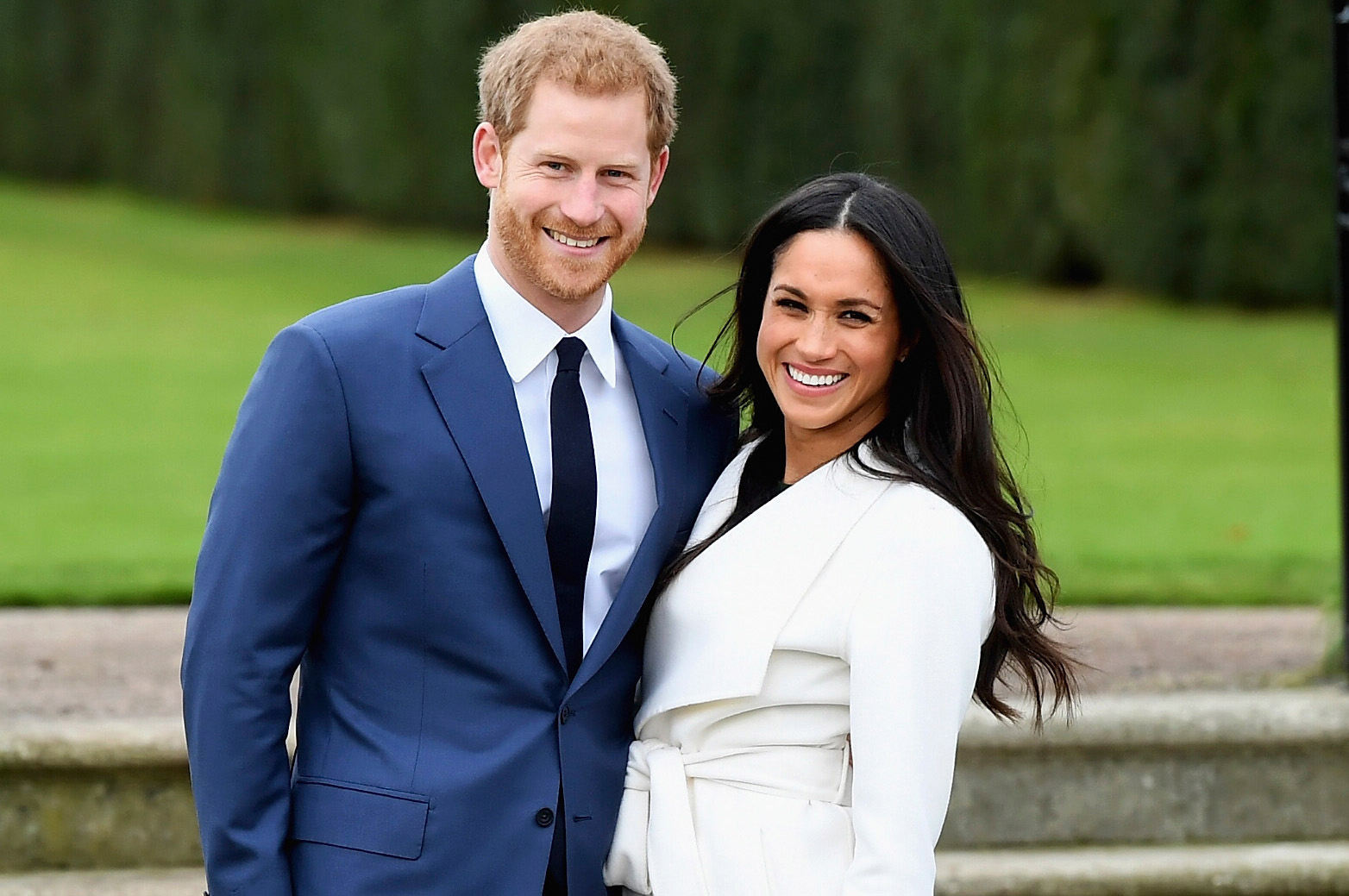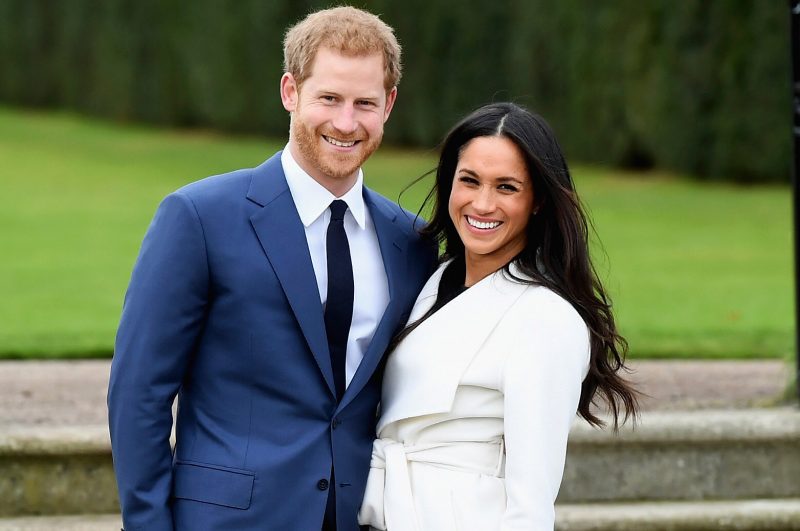Meghan and Harry’s Oprah interview and the royal Twitter storm


The recent interview of Prince Harry and Meghan Markle by Oprah Winfrey can be seen in many different ways.
Was it a polemic against the royal family? An attack on the system of monarchy itself? Did it expose the attitudes of royals that had been kept in the dark? Was it, alternatively, an act of self-indulgence on behalf of a couple vying for attention?
Regardless of the way you saw the interview, two distinct camps of reception seemed to emerge.
On the one hand, people were cheering on Meghan and Harry. These people seem to see the royal institution and its members of a social ill. The royal family, old and outdated, serves no further purpose and should therefore be swiftly cast aside.
The interview exposes the problems outsiders can have when they marry into the royal family, and this can be extrapolated to show problems with the institution as a whole.
On the other hand, some saw the interview as a polemic and rushed to the defensive of the royals. People in this camp accept that the history of the monarchy is that of flawed individuals retaining a societal position that, today, has almost no political power. There is, however, a value to the institution that outweighs the flaws.
The most worrying part about the interview, and the debate that started shortly after about the value of monarchy, was the instant willingness to tear it all down.
If you were to check Twitter after the interview, you would have been treated to a slew of tweets with the hashtag #abolishthemonarch, many all of them reductive.
The instant outrage that many had about the behaviour of royals is not a coherent argument to tear down an entire social structure. There is a proper intellectual debate to be had on Canada’s continued support for the tradition of the monarchy but having it in this kind of way will not help; it, instead, makes people run defensively to their respective sides.
So, onto the case for the monarchy, one that clearly needs to be made after the nonsense I was unlucky enough to read on Twitter.
The Canadian affection for the monarchy is probably motivated by our shared history. After all, many of our greatest institutions, and the ones we are most proud of, come from the British tradition.
Our Parliament, our legal system, and our constitution all have their roots in this British connection. It is evident that these institutions have not yet become part of every country, so we should count ourselves lucky that they have made it to ours.
We did not have to fight a war to become independent. We requested independence and it was given to us, on the condition that the British monarch would also be the Canadian monarch. In exchange, our country was birthed with incredible legal and political systems already in place. Seems like a good trade to me.
The historical connection is clear. Wanting to keep Britain close, through the monarchy, is an admirable view, and not one to throw scorn toward.
Another consideration the Twitter mob might want to take into account is that having an unelected head of state might be a good thing.
In a constitutional monarchy, like the one we have in Canada, the power and status of the prime minister are diminished because the person occupying that position is not the head of state.
In other countries, where president and head of state can be interchangeably used, you run the risk of elevating the presidential office to that of a deity. It’s also difficult to not come to that assumption when currencies, for example, adorn the likeness of past presidents.
Diminishing the power and prestige of elected officials may very well be a goal you want to pursue, as this fosters a better democratic system.
The Oprah interview with Harry and Meghan proved that people are willing to have a debate about the positive and negative aspects of the constitutional monarchy in Canada. But when an entire argument is boiled down to a tweet and a hashtag, it’s not actually an argument: it’s just nonsense.


